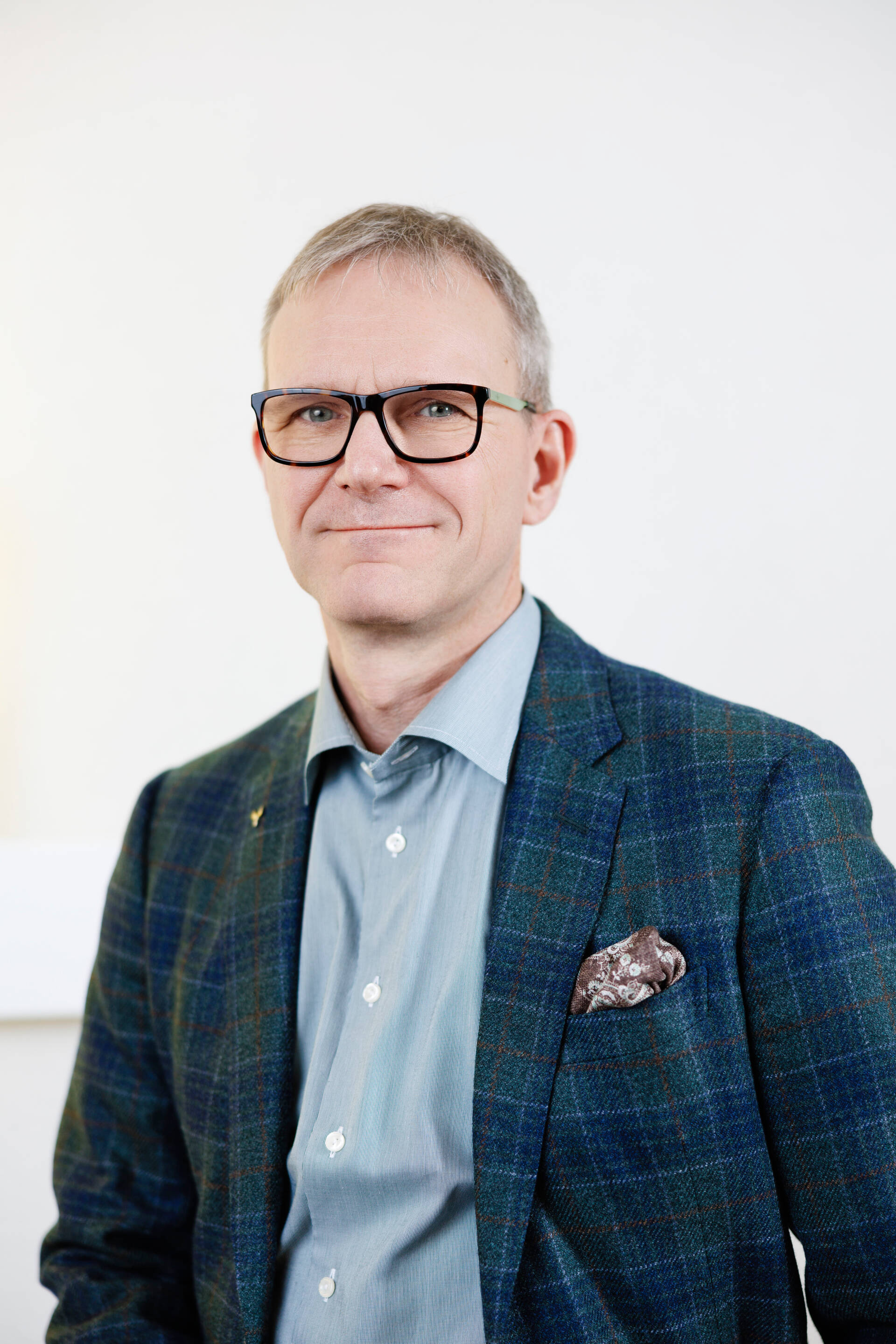23 October 2025
The highlight of Metsä Group’s financial performance in the third quarter was cash flow from operations, which was more than EUR 200 million positive. In particular, the measures taken in the paperboard business to reduce working capital succeeded as planned.
As expected, the third quarter operating result was clearly negative. The main reasons for this were the low pulp price, particularly in China, and the lower paperboard business volumes in the US market. Both can be traced to the protectionism that took hold in world trade in the spring. The tariffs the US imposed on China halted pulp orders from China, leading to a slump in the price of pulp. During the third quarter, Metsä Group’s pulp deliveries picked up from the dip in the previous quarter but remained below the level seen in the first quarter. In China, the price level has not recovered, as can be seen in the weak result of the pulp business.
The US tariffs made a considerable dent in the result of the paperboard business, or Metsä Board. The order inflow from the US has shown only a minor recovery since the slump in the spring. Due to the local market situation, we were unable to increase customer prices to offset the impact of tariffs. These factors, in addition to the low pulp price, especially affected the profitability of Metsä Board’s Husum mill. The annual maintenance shutdowns of the Simpele and Husum mills also contributed to the weak profitability of the paperboard business.
In the tissue paper business, the third quarter result improved from both the previous quarter and the corresponding period in the previous year, supported by higher delivery volumes and lower costs. In other good news, our new tissue paper mill in Mariestad in Sweden initiated customer deliveries as planned during the third quarter.
The profitability of the Wood Products Industry decreased mainly due to two factors. The problems of the ongoing ERP system renewal weakened the delivery capacity of the UK upgrading business in particular, causing customer losses and compensation. As expected, the operational efficiency of the Suolahti mill in Finland has also suffered from the gradual winding down of the mill. Metsä Group has previously announced that the mill will be closed by the end of 2026. The construction project of the new LVL mill in Äänekoski in Finland has progressed as planned.
The decline in the price of wood that began in the second quarter continued in the third quarter and was reflected in smaller wood trade volumes. The lower wood price will have a minor impact on Metsä Group’s result in the last quarter and a more visible impact in 2026. In the Nordic countries, the price of wood is nevertheless at a historically high level. Metsä Group’s wood resources are at a good level. Forest services sales have seen strong growth this year.
Metsä Group needs to significantly improve its result. In July, we therefore announced we would launch the planning of a EUR 300 million cost savings programme. This planning is now complete. Most of the cost savings will be achieved by optimising variable costs. The savings are expected to be gradually reflected in the result from the beginning of 2026 and to reach their full impact during 2027. As part of the cost savings programme, we announced in early October the launch of statutory negotiations on the permanent reduction of a total of 800 permanent jobs across Metsä Group’s units. This is very distressing for our committed workplace community, but it is unfortunately a necessary part of our efforts to significantly turn around our performance.
Jussi Vanhanen
President and CEO
Metsä Group





